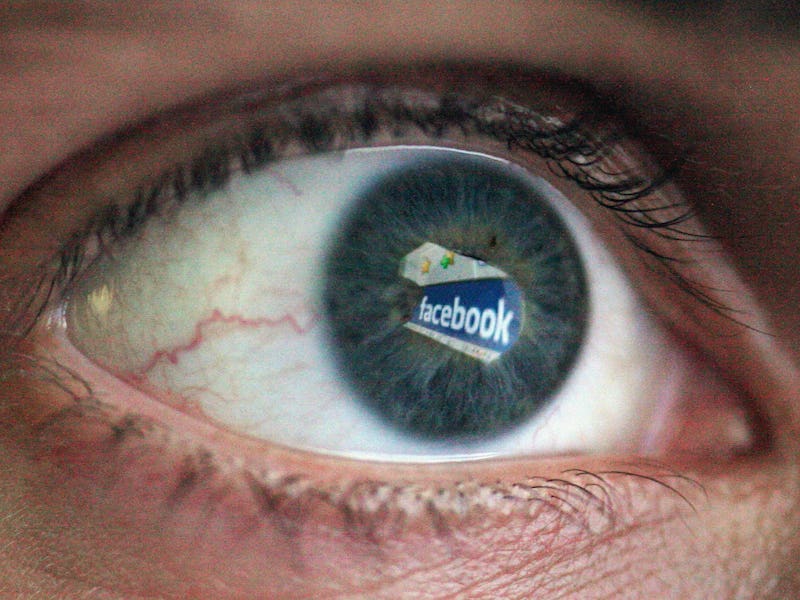Why People Think Facebook is Secretly Listening to You
There's a few factors at play.

Although the company has repeatedly denied it over the years, some remain convinced that Facebook is listening to their conversations. This issue stems from the fact that sometimes, the company’s targeted ads are good. A little too good.
“My fiancee and I both had wedding ads the day after we got engaged, before we had told anyone,” Nate from Springfield told the BBC. “And even two weeks ago my fiance and I went to a friend’s and drank a certain kind of liquor neither of us had ever bought or talked about on the phone, and the next morning it was the first ad Facebook showed her.”
The mundane truth, though, is that data can throw up some surprisingly accurate suggestions, and Facebook is probably just really good at targeting ads.
The company has denied that it uses audio to target ads before, releasing a statement in June 2016 that said it only used the microphone “if you have given our app permission and if you are actively using a specific feature that requires audio.”
Facebook uses a number of tools to suggest ads to its users. One of these is location targeting, which means a business can tell the app to trigger an ad when the user is nearby. This can be done via GPS, which will offer a more precise location, or through your computer’s IP address that shows general geographic location. It can also use information from where you’ve checked in on Instagram. Users can opt out of this data sharing, and many others, through the Ads Preferences page.
Around the web, users are often greeted for ads showing products they’ve been looking at on other websites. This system, called “retargeting,” follows users around and shows them products based on their tracking information. Websites can use a Facebook pixel to follow you around and target ads to your account.
A feature that’s perhaps rather more invasive is Facebook’s offline ad tracking. As an example, a real estate business can take their information about people that have called up to view a house, and use that information to show them ads about houses that are currently on the market. They can then use this information to build up a model of an ideal customer, and use that to target you even when you haven’t called up.
Smartphones are a treasure trove of data.
The social network can also use page likes to identify a user’s traits. Researchers at Columbia Business School, Northeastern University, and New York University were able to determine a number of factors like intelligence, whether a user smokes, or political in just eight likes. The team suggested that just three likes were enough to determine whether a user was gay.
In fact, advertisers have a giant list of attributes at their disposal that they can use to show you ads. Washington Post uncovered 98 data points that advertisers can call on, getting as fine as “users who have an anniversary in 30 days,” “users who own small businesses” and “expats.”
It’s not news that Facebook has a large trove of data to make incredibly accurate guesses. The “People You May Know” section has come under scrutiny before for its incredibly accurate suggestions, with one person reporting that Facebook suggested making friends with their psychiatrist’s receptionist. Facebook claims the suggestions come from clues like mutual friends, a shared Facebook group, being in the same school network, or listed in your uploaded contacts.
Other companies have demonstrated the chilling power of big data before. A 2012 story by the New York Times explained how Target was able to determine whether a customer was pregnant based on whether they bought one of 25 products. This score was also able to estimate a due date, meaning they could send out coupons depending on the customer’s stage.
Stores can gather a large amount of information about their customers.
The question is less whether Facebook is recording conversations, and more whether it would need to in order to reach a level of accuracy that would make us feel creeped out. David Hand, a mathematics professor at Imperial College London, has written a book about how we point to ordinary events as extraordinary all the time.
“This apparent coincidence occurs and we think there must be explanation, it can’t be chance. But there are so many opportunities for that coincidence to occur,” Hand told the BBC. “If you take something that has a tiny chance of occurring and give it enough opportunities to occur, it inevitably will happen.”
If you’re still convinced that something fishy is going on, though, you can deny Facebook permission to use your microphone by going to the settings app, then privacy, then adjusting your microphone settings.